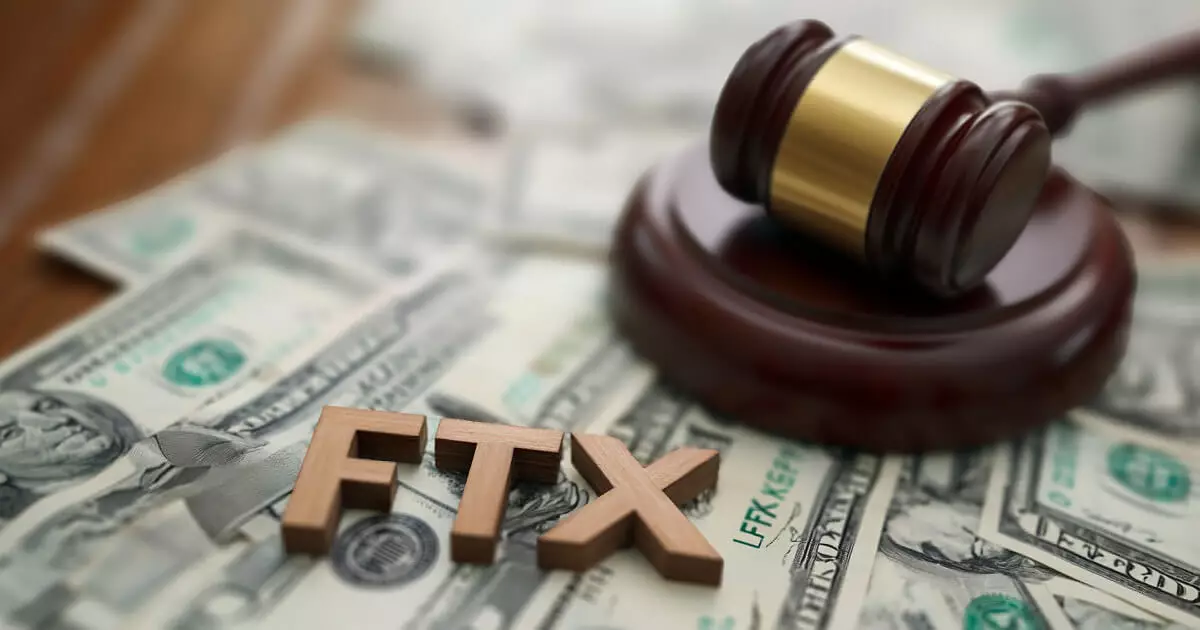The US Securities and Exchange Commission (SEC) has recently voiced its concerns over the proposed repayment strategy in the ongoing FTX bankruptcy case. The plan, which involves repaying creditors through stablecoins or other digital assets, has raised red flags for the SEC. The commission has stated its reservation to challenge these transactions under federal securities laws. This move has sparked criticism for potentially prolonging the bankruptcy process.
In an August 30 court filing, the SEC made it clear that it is not providing a definitive legal opinion on these transactions at the moment. However, it reserves the right to contest their legality in the future. By adding this layer of uncertainty to the already complex FTX bankruptcy, which aims to liquidate the company’s assets to repay numerous creditors after the exchange’s collapse in November 2022, the SEC has stirred up further complications.
The SEC’s filing also included a request to eliminate a discharge provision from FTX’s Chapter 11 Plan. This provision would have shielded the company from certain future legal liabilities. The SEC argues that removing this provision could ensure full accountability in the bankruptcy process. By signaling its intent to object to the plan, the SEC is showcasing its plan to meticulously scrutinize how FTX plans to liquidate and distribute its remaining assets.
The SEC’s stance in the FTX case has not been well-received by the industry. Many have criticized the agency’s actions as potentially leading to unnecessary delays and further complicating the bankruptcy process. Coinbase’s chief legal officer, Paul Grewal, openly criticized the regulator’s lack of clarity in a series of tweets on September 2. Grewal points out that while the SEC has not explicitly declared the use of stablecoins for creditor repayments illegal, it has left the possibility of future legal challenges open, creating an atmosphere of uncertainty.
Grewal’s comments echo the frustration within the crypto industry over what is perceived as the SEC’s inconsistent and sometimes opaque regulatory approach. Critics fear that the SEC’s reservations about the use of stablecoins in creditor repayments could needlessly extend the bankruptcy proceedings and prolong the financial struggles for creditors. This ongoing debate highlights the question of whether these digital assets should be classified as securities under federal law.
If the SEC were to successfully challenge FTX’s use of stablecoins, it could set a precedent that impacts other companies and creditors involved in similar bankruptcy proceedings. This uncertainty surrounding the regulatory treatment of digital assets continues to be a point of contention within the industry. The SEC’s interventions in the FTX bankruptcy case have ignited discussions about the role of stablecoins in creditor repayments and the need for clear regulatory guidelines to avoid further complications in future cases.

